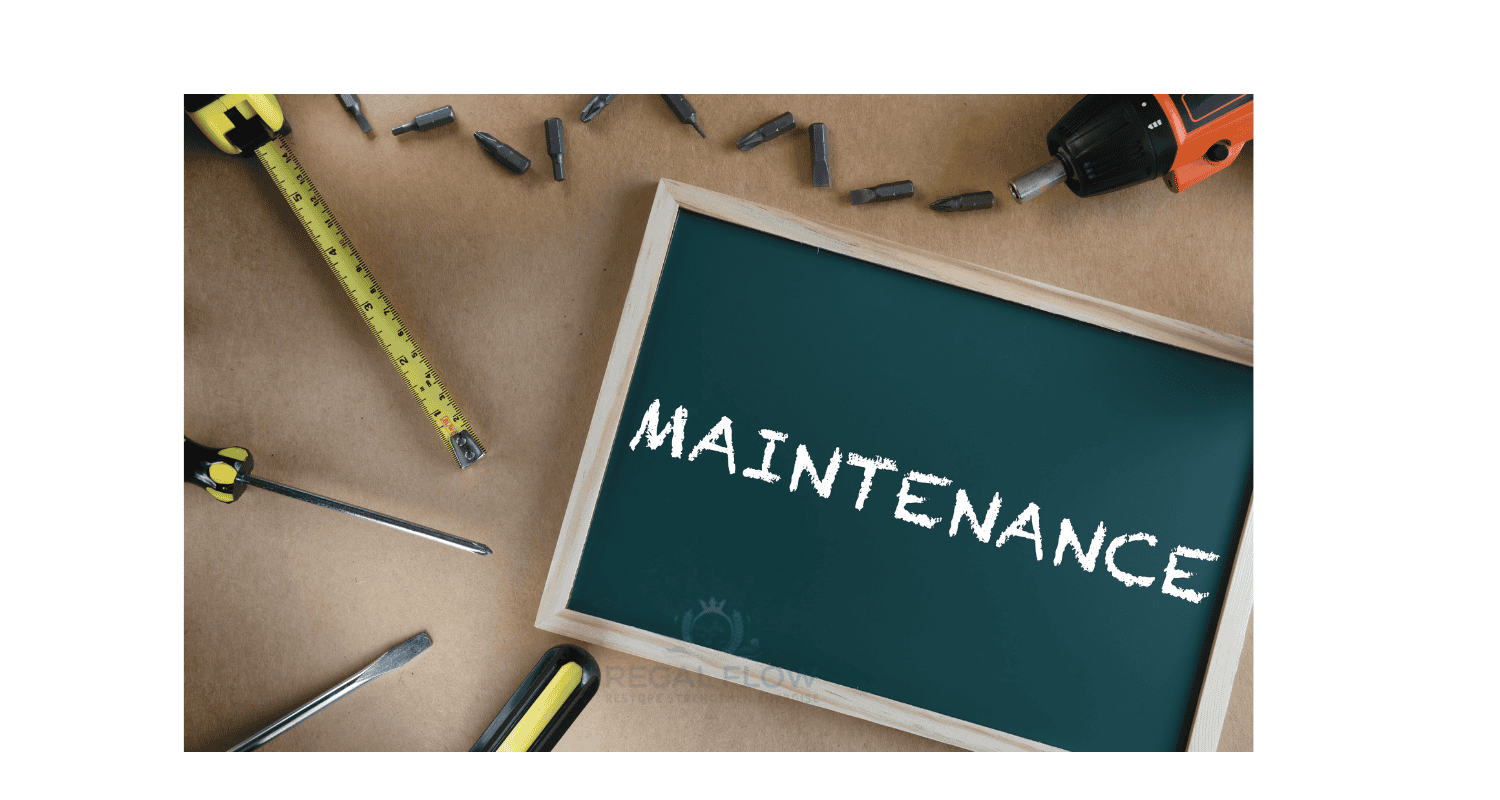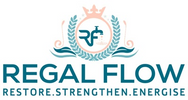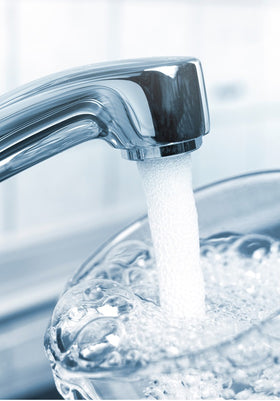
Maintaining Your Commercial RO System: Best Practices and Tips
Keeping your commercial RO system in top shape isn’t just a good idea—it’s essential. Just like you wouldn’t skip the filter in your countertop dispenser, you shouldn’t skip system maintenance! In Reverse Osmosis Systems for Commercial & Industrial Applications, we share simple tips on regular checks and a bit of TLC that can save you from costly repairs and poor water quality. Keep reading to extend your system’s life with ease!
The Importance of Regular Maintenance for Commercial RO Systems
Maintaining your Commercial RO system is more than a simple task—it’s a commitment to ensuring high-quality water, reducing downtime, and maximising your system's lifespan. Just like a well-serviced car runs better and lasts longer, a well-maintained RO system will provide cleaner water and avoid unnecessary stress on your business.
Ensuring Consistent Water Quality
Consistent water quality is the lifeblood of many industries. Without proper maintenance, your filters and membranes can clog, leading to poor water quality. For example, if you’re using the system in a restaurant or hospital, dirty water isn’t just inconvenient—it’s a health risk. Regular maintenance ensures your system runs smoothly, keeping the water safe and clean for any application.
Preventing Costly Repairs and Downtime
Neglecting maintenance is like ignoring a small leak until it floods your entire house—costly repairs are inevitable! By carrying out regular checks on your RO system, such as replacing filters and monitoring pressure, you can catch issues before they escalate. An ounce of prevention really is worth a pound of cure—avoiding downtime keeps your operations running without costly interruptions.
Extending System Lifespan
No one wants to replace their RO system prematurely, and regular maintenance is the best way to extend its life. Cleaning membranes, replacing filters, and checking pressure all contribute to keeping your system working at its best. Think of it as giving your RO system a spa day—it’ll thank you by lasting longer and operating more efficiently.
Key Maintenance Tasks for Commercial RO Systems
To keep your RO system in peak condition, there are several essential tasks that should be part of your regular routine. These tasks may seem simple, but they go a long way in keeping your system running smoothly.
Regular Filter Changes (Pre-filters, Post-filter)
Filters are the first line of defence in any RO system. Just like you change the filter in your coffee maker to avoid a bitter brew, your pre-filters and post-filters need regular changes to prevent your system from producing poor-quality water. Pre-filters catch larger particles, while post-filters ensure the water tastes fresh and is free from any residual contaminants.
RO Membrane Cleaning and Replacement
RO membranes are where the magic happens—they filter out the tiniest particles from your water. But just like any high-performing part, they need regular cleaning and sometimes replacement. A clogged or fouled membrane won’t work effectively, meaning your water quality suffers. Clean your membranes regularly, and replace them as necessary to keep your system working optimally.
Storage Tank Sanitisation
A clean storage tank is just as important as a well-maintained filter. If you’re storing water for any length of time, bacteria can grow, and contaminants can sneak in. Make sure to sanitise your storage tank regularly to keep your water as fresh as the day it was filtered. This will also prevent unpleasant odours or unwanted particles from affecting the quality of your water.
Checking and Adjusting System Pressure
Pressure is key to how your RO system operates. Too much or too little pressure can affect performance and water quality. Regularly check and adjust the pressure settings to make sure everything is running smoothly. If you’re unsure, it’s always a good idea to consult with a professional to ensure the pressure is optimal for your specific system.
Inspecting for Leaks
Leaks might start small, but they can quickly cause big problems. Water wastage, system damage, and mould build-up are just a few of the consequences of not catching leaks early. Make it a habit to inspect your system regularly, checking fittings, pipes, and valves to ensure everything is sealed tight. The earlier you spot a leak, the quicker you can fix it.
Establishing a Preventative Maintenance Schedule
An effective maintenance schedule is your best friend when it comes to keeping your RO system in top form. Scheduling routine tasks like cleaning, filter changes, and pressure checks ensures you’re always ahead of potential problems. Think of it like setting a reminder to water your plants—keeping up with the little things prevents bigger issues down the road.
Daily, Weekly, Monthly, and Annual Tasks
It’s crucial to break down maintenance into tasks you can perform daily, weekly, monthly, and annually.
-
Daily: Check flow rates and pressure to ensure everything’s functioning properly.
-
Weekly: Inspect for leaks, check filter conditions, and verify that the system is running smoothly.
-
Monthly: Clean pre-filters, check RO membranes for wear, and review performance data.
-
Annually: Schedule professional servicing, inspect electrical and mechanical parts, and carry out a full system review.
Troubleshooting Common Commercial RO System Issues
Sometimes, despite your best efforts, issues arise. Here’s how to troubleshoot common RO system problems before they spiral out of control.
Low Water Pressure
Low pressure can indicate a clogged filter, a faulty pump, or an issue with the system setup. Start by inspecting your filters and cleaning or replacing them. If the pressure is still low, check the pump and pressure settings.
Poor Water Quality
If your water quality dips, it’s usually a sign that the membranes are fouling or the filters are dirty. Clean or replace the membranes and pre-filters, and check the system’s performance data to see if any other issues are affecting water quality.
System Leaks
Leaks are often caused by damaged seals or connections. Inspect the system thoroughly, paying close attention to joints, pipes, and valves. If you spot any leaks, replace seals or tighten connections as needed.
Unusual Noises
Unusual noises could be a sign of air in the lines, a malfunctioning pump, or a worn-out part. If the noises persist, it’s worth having a professional inspect the system to identify the cause.
Best Practices for Commercial RO System Operation
To keep your system running efficiently and avoid issues, it’s important to follow best practices in its operation and maintenance.
Monitoring Water Quality Regularly
Keep a close eye on key water quality parameters like total dissolved solids (TDS), pH, and flow rate. Regular monitoring allows you to catch potential problems before they affect your system or your water.
Keeping Accurate Maintenance Logs
Record every maintenance task you perform, from filter changes to professional servicing. These logs not only help you stay on track with your maintenance schedule but also provide a history of system performance, which is invaluable when troubleshooting problems.
Training Staff on Basic System Checks
Equip your staff with the knowledge to perform basic checks, such as monitoring pressure and inspecting filters. Well-trained staff can spot early warning signs of trouble and help prevent minor issues from becoming major headaches.
Conclusion: Ensuring Optimal Performance Through Proactive Maintenance
Regular, proactive maintenance is the key to a long-lasting and efficient Commercial RO system. By sticking to a routine that includes daily, weekly, monthly, and annual tasks, and addressing issues promptly, you can extend the lifespan of your system and avoid costly repairs. Make maintenance a priority, and your system will keep providing high-quality water for years to come. It’s not just about saving money—it's about ensuring smooth operations and protecting your investment.
More Reverse Osmosis info we think you'll love
RO Systems in the Food & Beverage Industry: Enhancing Quality and Compliance
Implementing RO Technology in Hospitality: Elevating Guest Experience
Reverse Osmosis in Healthcare and Laboratories: Ensuring Purity and Safety
Optimising Coffee Shop Operations with RO Water Filtration
Selecting the Right Commercial RO System for Your Business
Which Chemical is Best for RO Membrane Cleaning?
Industrial Reverse Osmosis Cost per Gallon
Commercial Water Filtration Systems
Industrial Reverse Osmosis System Cost
Light Commercial Reverse Osmosis System
Reverse Osmosis Pressure Vessel
Reverse Osmosis vs Carbon Filter



Leave a comment